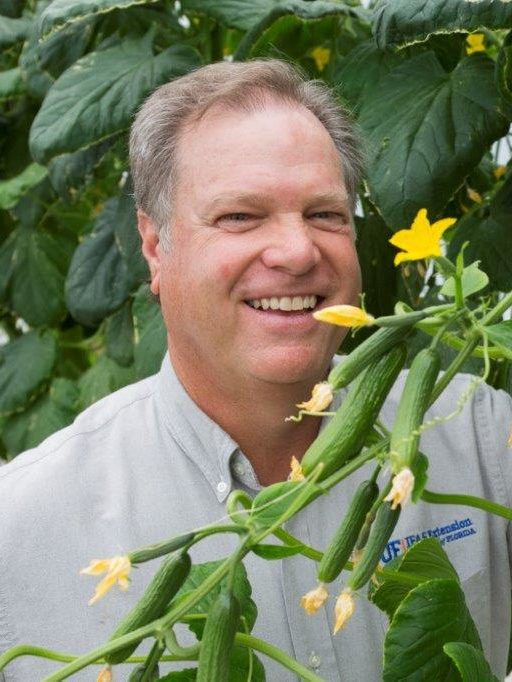By Clint Thompson
North Florida’s blueprint for success with regards to watermelon production may have been laid out this year. Growers started earlier, overcame a pair of freeze events and capitalized on the early market.


Bob Hochmuth, University of Florida Institute of Food and Agricultural Sciences (UF/IFAS) Regional Specialized Extension agent in Live Oak, Florida, believes that will be the formula for success for many producers moving forward.
“I think to some degree it already is the blueprint. Every year there’s an earlier and earlier establishment as far ahead as they can look at the weather, beginning in sometime the middle and certainly by the late part of February. The market just drives this region to try to get in for the most part as early as possible,” Hochmuth said. “Is it a future blueprint? Not for everybody, but for a lot of people, I think the answer is yes.”
Much of that success will hinge on the crop’s ability to withstand any cold temperatures following planting. This year’s crop withstood two freeze events in mid-and-late March. That will ultimately decide if growers can be successful with planting earlier than normal.
“We’ve been relatively mild, although this year we did have a couple of freeze events after the crop was established. I think the thing that will temper that is if there is still a risk of frost or freeze events after they plant, when we get into late February and even into March. If that wasn’t there, I think we would see growers pushing further and further early. It’s the weather that tempers that whole decision-making process,” Hochmuth said. “The market is typically going to be higher, and with Georgia behind us in a normal year, it’s better to be on the front end than it is to be battling with the acreage that has traditionally been in Georgia.”









